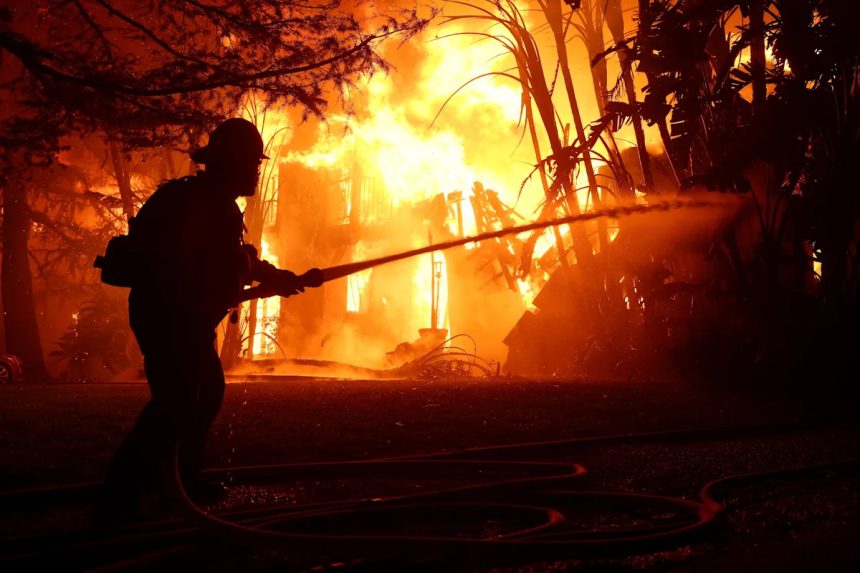Ohio’s fall open burning regulations took effect Oct. 1, restricting outdoor fires in unincorporated areas from 6 a.m. to 6 p.m. through Nov. 30.
The state continues experiencing drought conditions with no end in sight, increasing the potential risk of field fires, according to state climatologist Aaron Wilson. The Ohio Department of Natural Resources and the State Fire Marshal say it is especially important now to observe the state’s burnings regulations.
What is the Ohio burn ban?
Dry grass, leaves and drought conditions create a higher risk of wildfires, therefore according to the Ohio Revised Code, state law prohibits burning trash, yard waste and debris during restricted hours, even in a barrel.
Cooking fires and campfires are generally permitted but must be used cautiously. Careless burning is a leading cause of wildfires in Ohio, according to the ODNR.
How long is burn ban in effect
The current burn ban spans roughly two months from Oct. 1 to Nov. 30. The impacted times are from 6 a.m. to 6 p.m.
Ohio also puts the restrictions in place each spring, from March 1 through May 31, when dry conditions and high winds create similar risks.
What aren’t you allowed to burn in Ohio?
The following materials never can be burned at anytime or any place in Ohio, according to the state fire marshal:
-
Materials containing rubber, grease, asphalt or made from petroleum
Firefighters are pictured spraying water on a burning home during the Eaton Fire in Altadena, California.
Does Ohio place other restrictions on where you can (or can’t) burn things?
-
Fires are required to be more than 1,000 feet from neighbor’s inhabited building
-
You are not allowed to burn when an air pollution alert, warning, or emergency is in effect
-
Fire or smoke cannot obscure visibility for drivers along roads, highways, railways, or airfields
-
No waste generated off the premises may be burned
-
No burning within village or city limits or restricted areas
Are there fines for Ohio’s burn ban?
Violating Ohio’s burn ban can lead to citations and fines, with penalties depending on the severity of the violation.
ODNR urges residents to compost leaves and other organic debris instead of burning it. I also recommends never leaving any sort of fire unattended for any period of time.
Trending reporter Amani Bayo can be reached at abayo@dispatch.com.
This article originally appeared on The Columbus Dispatch: Ohio burn ban 2025: Dates, rules, and what’s allowed this fall









